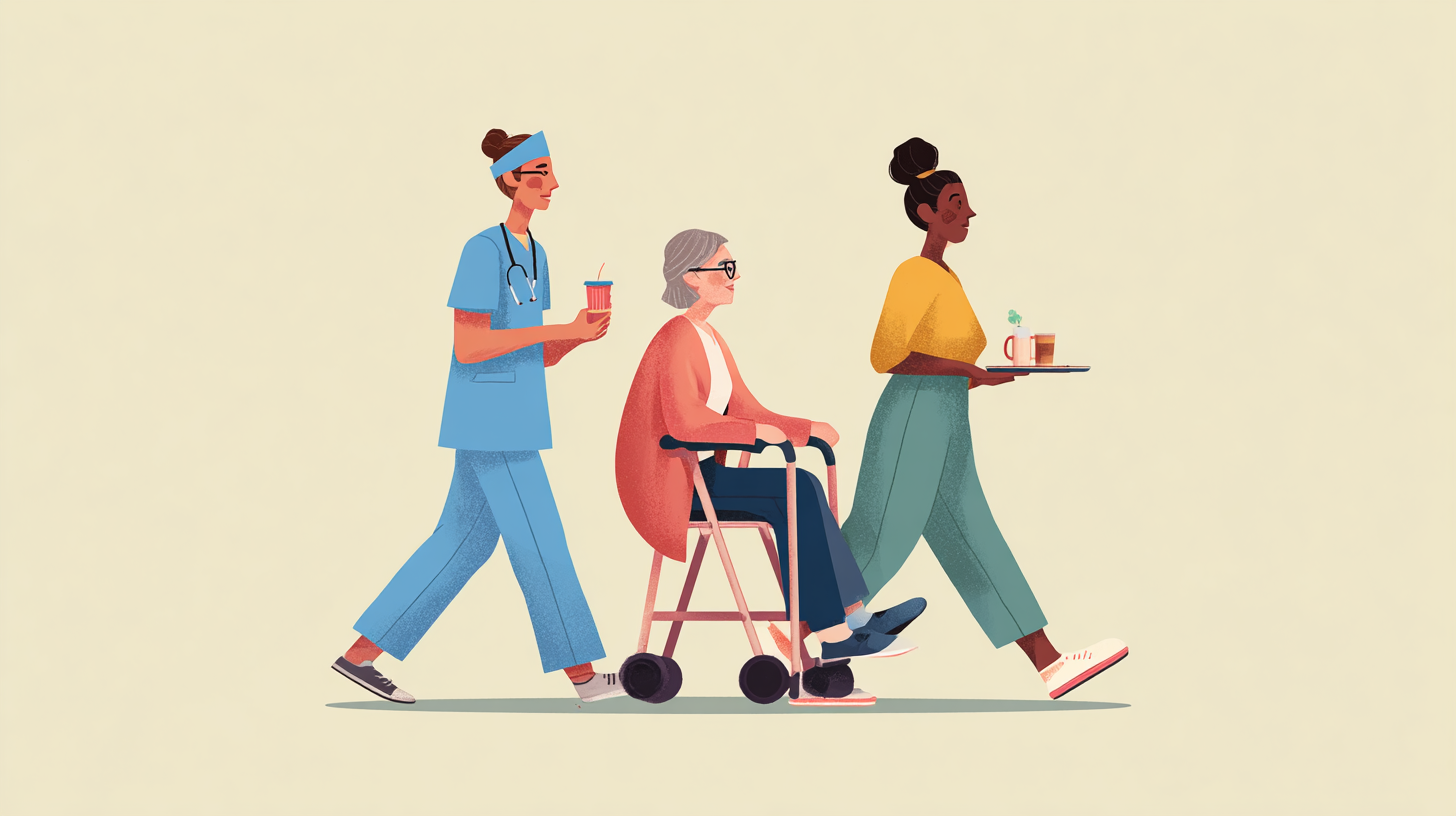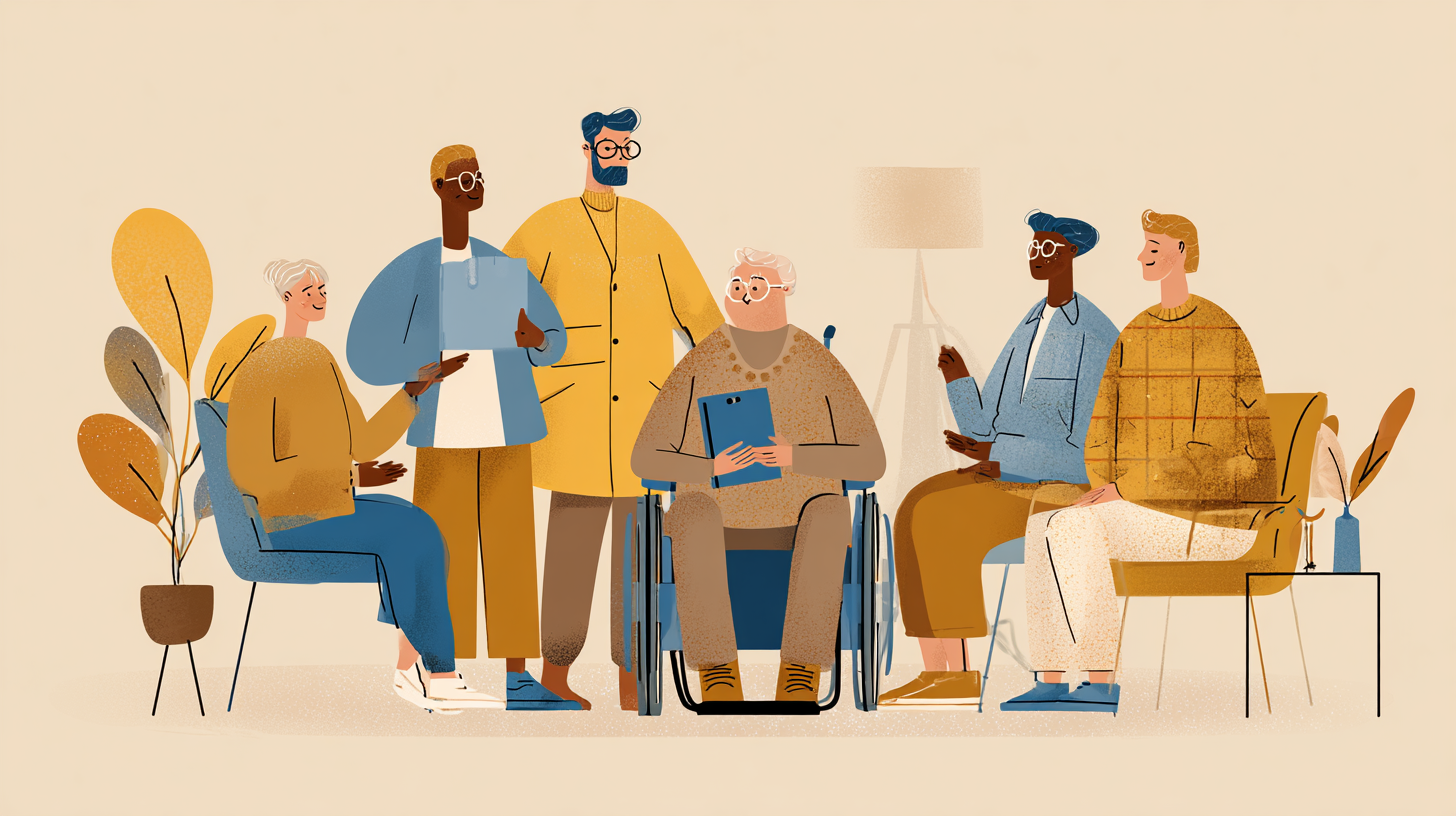

Chronic pain can seem complex, but each part of a pain assessment is relatively straightforward.

At Adelaide Chronic Pain Clinic, we look at how you understand your condition, what is happening with your injury, how your overall and psychological health are affected, and what you can do compared to what is holding you back.
Each detail is like a piece of a puzzle. On its own it may not reveal much, but when we put the pieces together we can see the full picture and understand how to help. We use a three-part framework to guide this process.

1. Diagnosis: What’s the matter & what’s wrong?
For most people with chronic pain, there’s rarely one single cause. Pain may be influenced by:
- The recent injury
- An old or unresolved injury
- A medical condition like arthritis
- Emotional or psychological factors such as depression or trauma
We work with you to identify medical and psychological diagnoses that may be contributing to your pain. Each diagnosis points us toward treatment options that may help. Clear diagnosis opens the door to treatments that have been shown to help the identified conditions.
2. Functioning: What can you do & what’s holding you back?
Where diagnosis tells us what’s wrong, functioning tells us how it’s affecting your ability to get on with life. Functioning is the flip side of disability. We understand functioning on three levels:
Function / Impairment (Body-Level)
- Physical: stiffness, weakness, movement patterns
- Psychological: sleep quality, anxiety, focus, mood
Activity / Activity Limitation (Task-Level)
- What you can or cannot do in daily life—e.g., sitting, walking, lifting, or resting.
Participation / Participation Restriction (Social-Level)
- How pain affects your ability to take part in family life, work, or community roles.
We gather these details at your early appointments to set a baseline. This allows us to follow your progress over time and tailor treatment based on what matters most to you.


3. Context: What’s helping & what's getting in the way?
Context matters. Life experiences affect pain.
We seek to understand personal and environmental factors (Contextual factors) that can affect your recovery, positively or negatively. These factors might include:
- Biological: other health conditions, medications, past injuries.
- Psychological: how you think and feel about your pain or recovery.
- Social: relationships with family, employer, insurer, or community. Our clinic works with people injured at work, so an employer and a workers’ compensation insurer are usually involved. The quality of the relationship between you and the insurer can greatly impact your recovery, so we make every effort to establish a supportive working relationship that involves you, the insurer, the employer and your treatment team.
Overall, your recovery is promoted by enhancing factors that boost your confidence and quality of life, while minimizing those factors that increase your sense of threat or danger.
Putting the pain puzzle together
This three-part assessment, Diagnosis, Functioning, and Context, forms the foundation of your treatment plan to ensure you have a clear diagnosis that guide medical options, attention to your functioning to help you to improve and measure progress, and receive relevant treatment through recognition of important context.
Talk to your GP about referral
If you have persistent pain and disability after a workplace injury, and have a referral from your GP or specialist, we are available to help. We will support you with clear information, individualised care, and a structured path forward.

